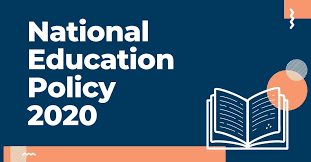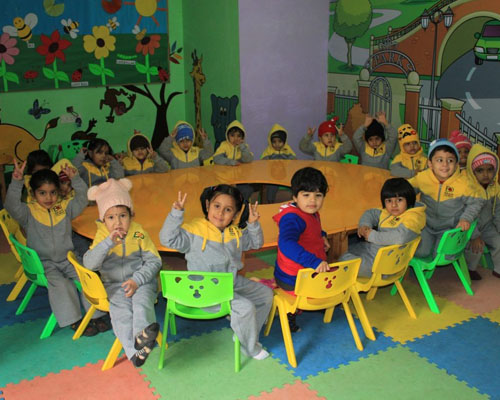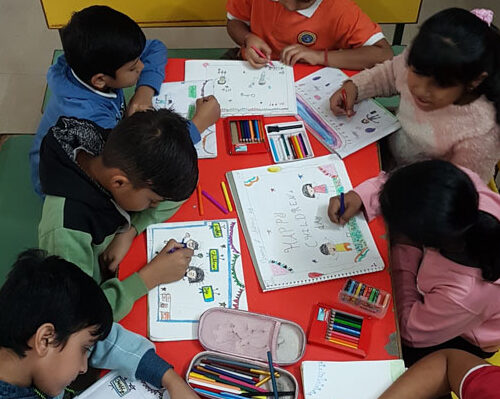 The New Education Policy (NEP) 2020 is a comprehensive policy document released by the Indian government with the aim of transforming India’s education system. This policy document outlines the government’s vision for the future of education in India and provides a roadmap for the implementation of reforms.
The New Education Policy (NEP) 2020 is a comprehensive policy document released by the Indian government with the aim of transforming India’s education system. This policy document outlines the government’s vision for the future of education in India and provides a roadmap for the implementation of reforms.
One of the key objectives of NEP 2020 is to make education inclusive, equitable, and accessible to all. To achieve this, the policy proposes the introduction of a common school system, where children from diverse socio-economic backgrounds can learn together. The policy also advocates for the promotion of multilingualism and the integration of technology in the classroom.
Another significant aspect of NEP 2020 is its emphasis on 21st-century skills, such as critical thinking, problem-solving, and creativity. The policy aims to move away from the traditional rote-learning approach to education and instead encourage students to develop skills that are relevant in today’s rapidly changing world.
National Education Policy 2020



